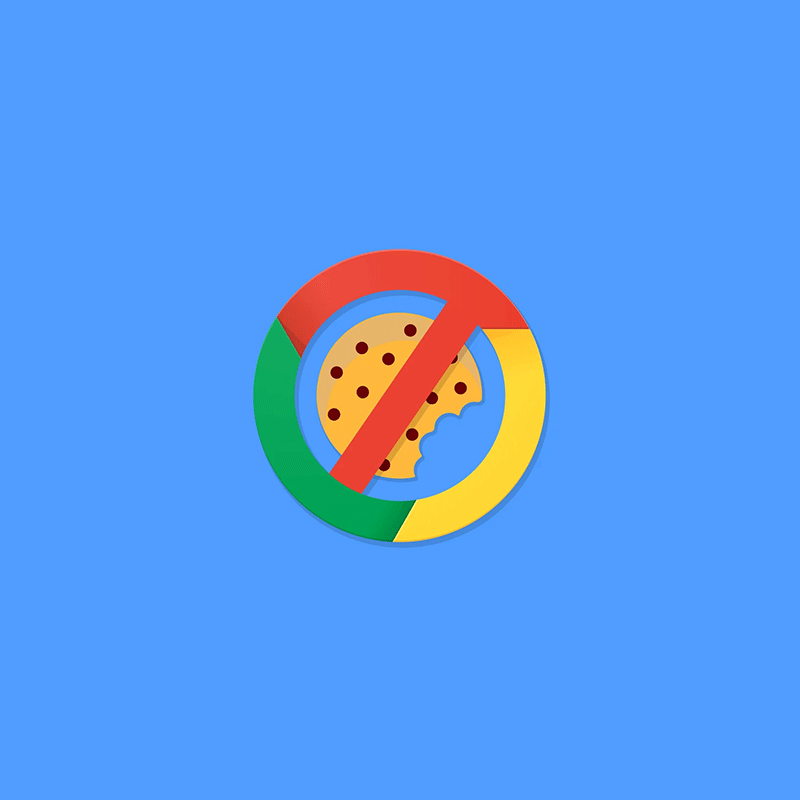
It has been predicted, and baby steps have been taken.
Google Chrome is one of the most widely-used web browsers int he world, and this time, it has finally announced plans the date to kill third-party cookies. After almost four years since third-party cookies have been disabled in Firefox and Safari, but Google, this decision is certainly a hard one.
Cookies are small pieces of data stored on users' device when they browse the web and visit websites. Cookies are essentially trackers, which help websites remember information about their users and visitors, including their preferences, login details, and browsing history.
'
Third-party cookies are those cookies placed on users' device by domains other than the website they're directly visiting. For example, if users visit a website, advertisers that have ads running on that site may place their cookies, which are then stored on users' devices.
Google needs third-party cookies, which are essential to its advertising empire.
For the tech company, third-party cookies on Chrome allows it to create targeted advertising, and power its Display Network that allows advertisers to display their ads on relevant websites based on user interests, generating revenue for Google and its partners.
So historically, third-party cookies are important to Chrome.
However, several factors have shifted, causing Google to reassess their use and ultimately decide to phase out support.
From the growing privacy concerns, to regulatory pressures, continuous antitrust scrutiny, and shifting public perceptions.
But thanks to the advancements in technologies, Google has found a way to properly eliminate third-party cookie support, but without sacrificing its business model.
Through its Privacy Sandbox initiative, Google is still having ways to offer relevant and personalized experiences, while minimizing user data collection and tracking.
Ultimately, the goal is to create a balance between functionality and privacy in the online experience.
Now that Privacy Sandbox is up and running and fully functional, Google can finally call an end to third-party cookies.
In a blog post, Google calls the rollout "Tracking Protection" and said that the first tests shall begin on January 4, where 1% of all Chrome users will get the feature.
By the second half of 2024, the rollout should hit everyone on desktop Chrome and Android.
"If a site doesn’t work without third-party cookies and Chrome notices you’re having issues—like if you refresh a page multiple times—we’ll prompt you with an option to temporarily re-enable third-party cookies for that website from the eye icon on the right side of your address bar."
To mark this milestone, Google wants to the rollout to come with some new user interface.
Read: Google Kills 'FLoC' And Shifts Its Cookie-Less Tracker By Developing 'Topics'

Google said that its choice to offer this privacy feature four years after its competitors is a "responsible approach" to phasing out third-party cookies.
That responsibility seems to primarily be about responsibility to Google's shareholders, since turning off tracking cookies was previously seen as an attack on Google's business model.
Google's position as the world's largest browser vendor allowed it to delay the death of tracking cookies long enough to create an alternative tracking system, which launched earlier this year in Chrome.
With Privacy Sandbox that can secure its ad business, it's finally acceptable for Google to phase out cookies.
Read: Embracing A Cookies-Less Future, Google Cleverly Values Privacy, And Its Business